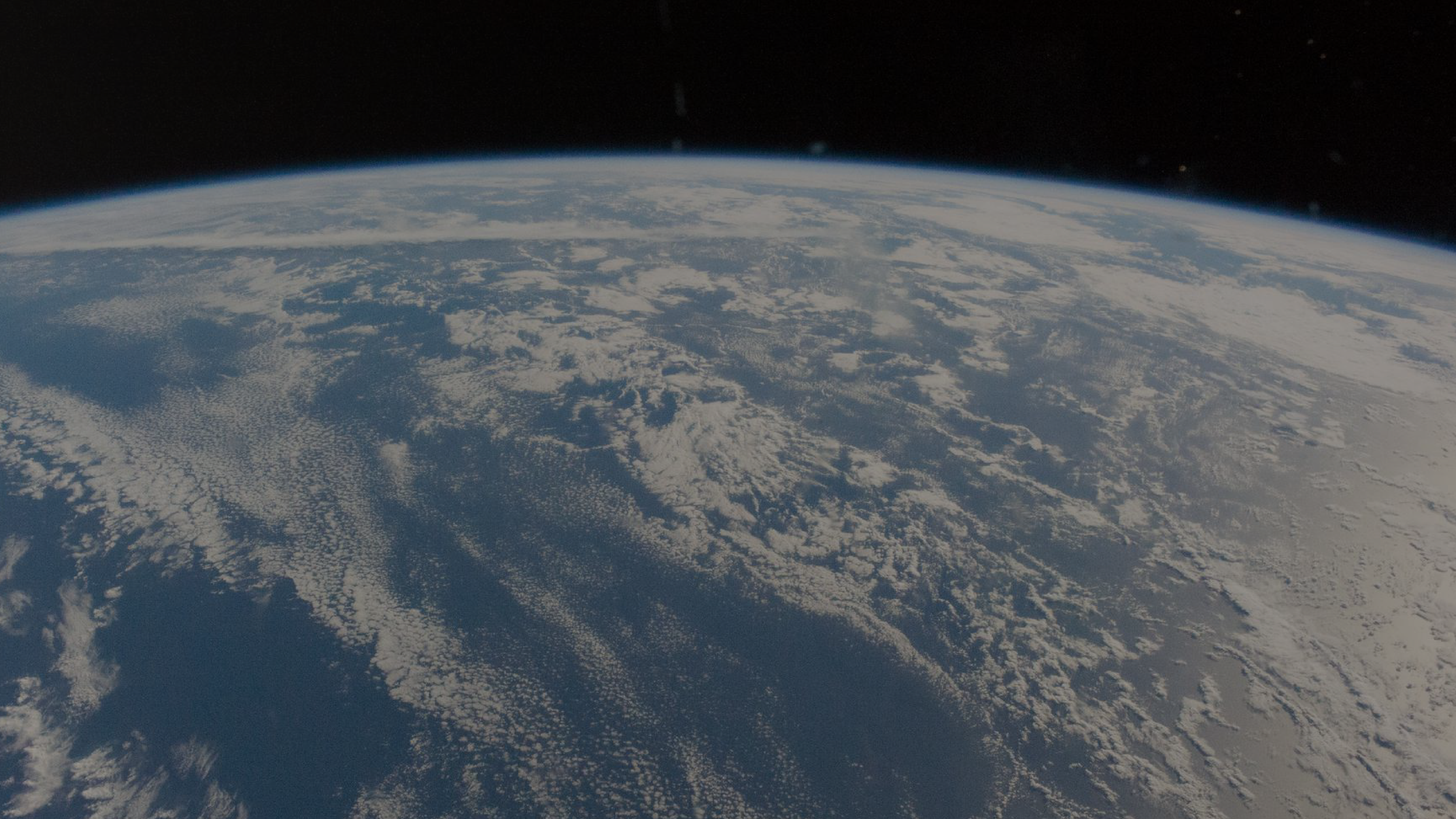
APPLIED ARTIFICIAL INTELLIGENCE FOR PLANETARY STEWARDSHIP AND DISASTER RESPONSE
FDL Europe applies AI technologies to space science, to push the frontiers of research and develop new tools to help solve some of the biggest challenges that humanity faces. These range from the affects of climate change to predicting space weather, from improving disaster response, to identifying meteorites that could hold the key to the history of our universe.
FDL Europe is a public-private partnership with ESA. We work with commercial partners such as Google Cloud, NVIDIA, IBM, Airbus, Planet, IWMI International Water Management Institute and the Catapult Satellite Applications, who provide expertise and the computing resources necessary for rapid experimentation and iteration in data intensive areas.
We have established an impressive success rate for research output over accelerated time periods since we launched FDL Europe.
Research papers are regularly accepted to respected journals, presented at scientific conferences (in both AI and space science domains) and have been featured in multiple media outlets.
FDL Europe is a new mode of research: a year-long cycle focused on an 8-week research sprint. The central value is that subject experts - with deep knowledge of the problem domain, can develop AI enhanced work-flows and solutions with peers from the data sciences. The format’s emphasis on rapid iteration and prototyping ensures a high success rate
SELECTED RESEARCH FIRSTS
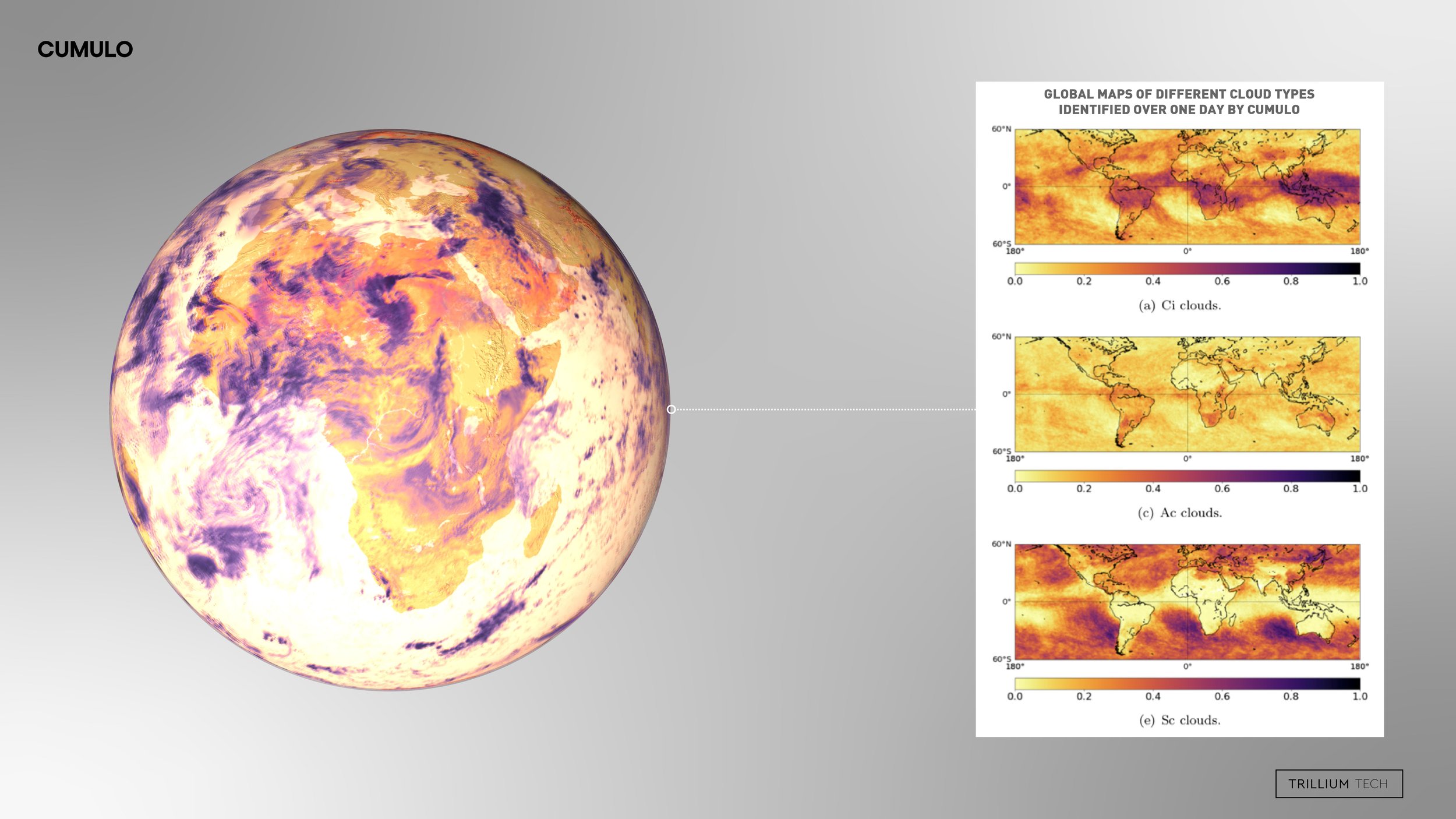
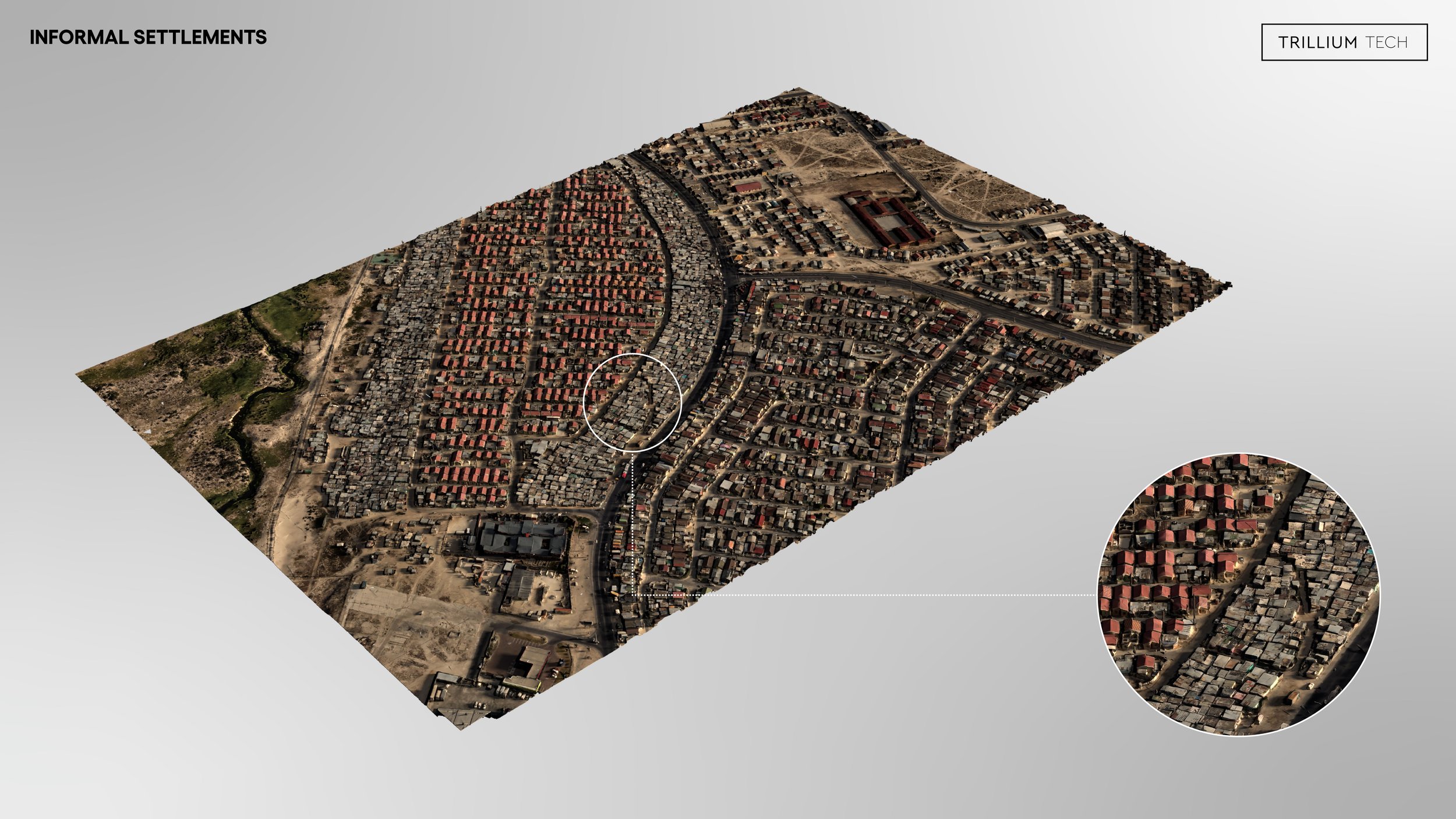
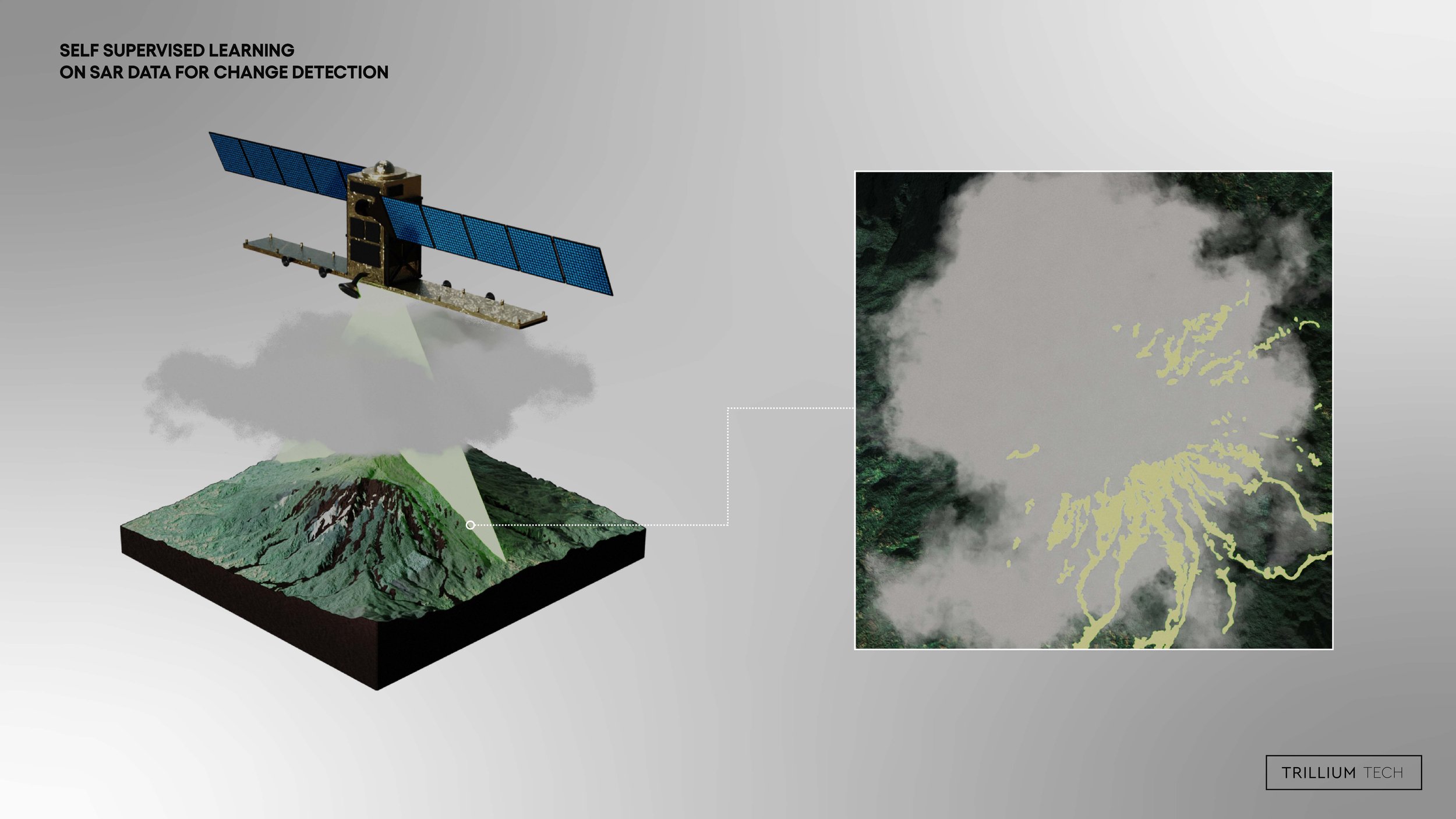
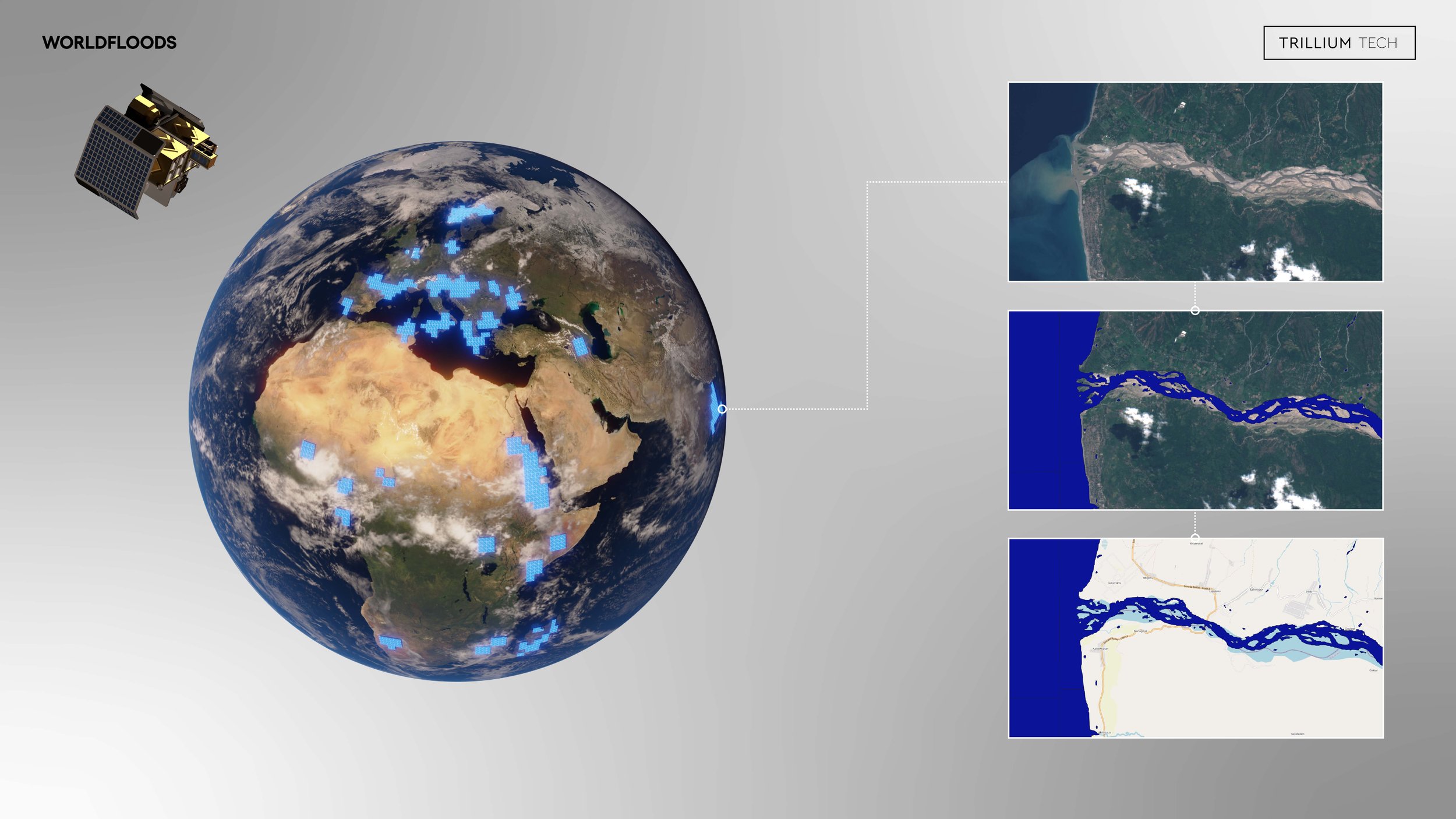
How does it work?
FDL Europe tackles knowledge gaps in space science by pairing machine learning experts with researchers in Earth Science, Digital Twin Earth, Mission Control, and Planetary Science for an intensive eight week research sprint, held in the summer break of the academic year - although the journey from Challenge Definition through to finished result (Tech Memo and trained algorithm and data products) takes 12 months.
Interdisciplinary four-person teams of PhD and postdoc level researchers and a faculty of three domain and ML experts address tightly defined science challenges which are informed by knowledge of “what is possible in ML”. The faculty, who are subject matter experts, provide support to the teams and drive research quality and push to more ambitious solutions. External and partner experts, special guests, and reviewers from space agency stakeholders contribute to the understating of the problem and provide a community of expertise that drives excellence.
FDL Europe’s format encourages rapid iteration and prototyping to create outputs with meaningful application to the space program, with substantial compute resources provided by FDL Europe’s commercial partners. This combination of curated challenges, close mentorship, community of expertise and an emphasis on rapid prototyping has ensured a high success rate for FDL Europe.
As such, FDL Europe has demonstrated how structured interdisciplinary problem solving, radical collaboration methods and partnering with commercial organisations with relevant expertise can be useful to the science and technology goals of ESA.
What topics do you focus on?
Since 2018, FDL Europe’s research teams have worked on challenges under some of the following mission areas: Earth Science, Digital Twin Earth, Mission Operations, Constellations, Planetary Defence, Planetary Science, Heliophysics, Disaster Management, Astrophysics and Astronaut Health
How do you select the challenges?
In order to ensure that we are tackling questions that have the potential to have a real-world impact, we have developed close links with scientists, researchers, industry and humanitarian organisations. We invite our partners and network to the “Big Think”, where they can share their thoughts on the latest developments in their fields, issues that need attention, as well as network with other members of the community. The Big Think meetings take place at the start of the year in the USA and Europe, and provide the initial ideas for challenges, data-sets and resources.
Following the Big Think, we invite key partners and experts to help us distil these ideas into distinct challenge questions for the teams to work on during the research sprint.
How can I get involved with FDL Europe?
The main way to get involved with FDL Europe is to apply to be a participant and take part in one of our research sprints, but there are plenty of other opportunities to stay in touch and support the programme.
Apply as a researcher and take part in the our research sprint
Register your interest to join the FDL Europe faculty team
Share your datasets
Become an FDL Europe partner organization







